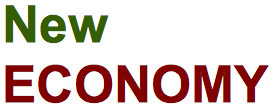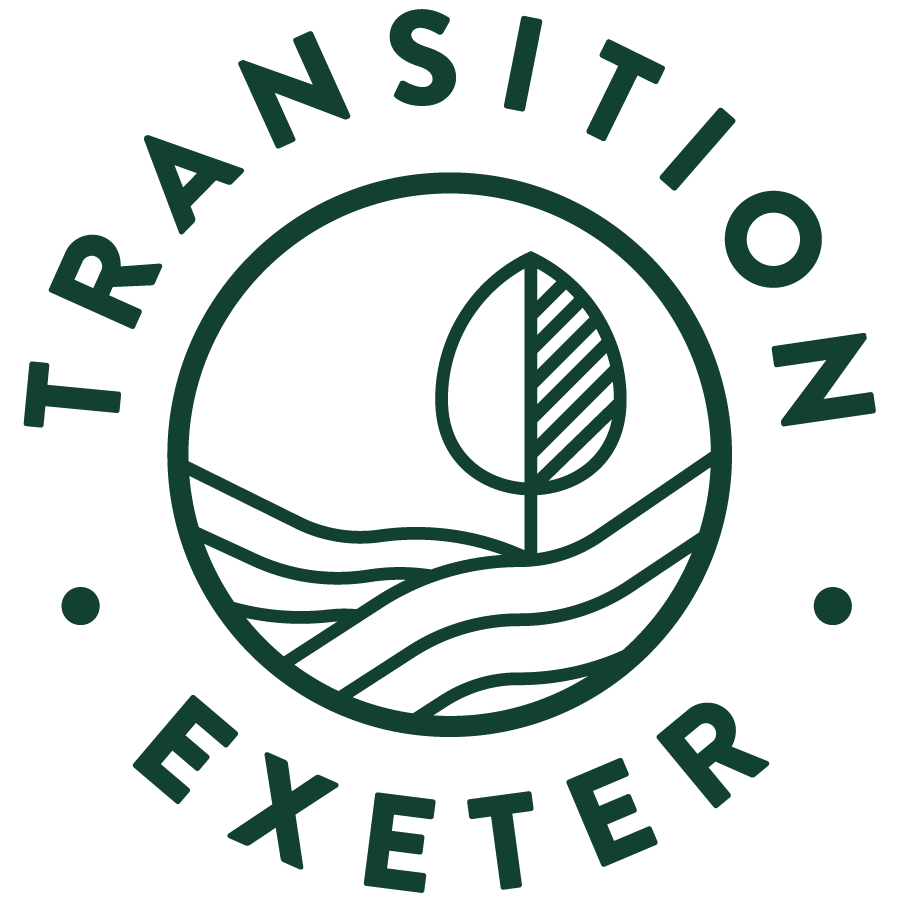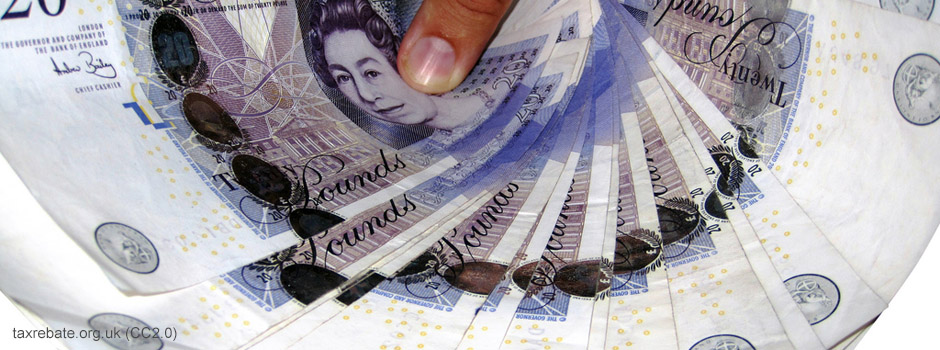
On April 16th 2016, Transition Exeter joined with others – notably Transition REconomy, Exeter Pound and the Plymouth Social Enterprise Network – to explore what we can do locally to promote an economy which is socially just and offers an environmentally safer future.
Stewart Wallis, newly retired Director of the New Economics Foundation, gave his time for free. The result was a day full of buzzing conversations, energy and making connections both between people and conceptually.
We learnt that it’s not enough to have a clear vision; this has to be shared and there has to be a focussed strategy among those seeking change. Many aspects of such a strategy have to be local. We shared and listened to ideas and learnt of local projects, including local currencies, social enterprises, how to support small local businesses through a Local Entrepreneur Forum – a Green, supportive, Dragons Den – we could have one of those in Exeter some time.
We learnt about national policies for equality such as sharing common wealth through a Land Value Tax and democratic money creation by government rather than banks. Both of these reduce debt and counteract the redistribution from poor to rich through interest and rent. We learnt about social enterprises and how different a ‘provisioning economy’, meeting needs, would be from the ‘economic growth’ based one we have now.
There is a great video on YouTube of George Hardwick’s Rap summing up the day…
Devon New Economy Gathering Morning Workshops
Following themes from our keynote address, the workshops explored the implications of a New Economy in several directions.
Wellbeing and signs of success: A Human Scale Development Approach – Inez Aponte, Growing Good Lives
Inez shared the Fundamental Human Needs framework, developed by Chilean economist Manfred Max-Neef and colleagues, as a way of re-imagining economic success from growth in GDP to growth in human satisfaction in harmony with the Earth’s ecology. The framework can be a valuable tool to identify other forms of wealth within our communities by making visible the non-monetary activities that support our wellbeing and, in doing so, may invite broader participation and help create an economic language that reflects our true values. “What if there was another way of thinking and speaking about the economy, one that was in line with the true meaning of the word: the ability to manage the home for all, the art of living?
For further info contact and see http://growinggoodlives.com/from-dismal-science-to-language-of-beauty/
Part of the difficulty of creating a more equal society is that wealth gathers more wealth, like an engine of inequality by which property earns rent and money and financial wealth earns interest. In his workshop Justin Robbins explained how the first process can be mitigated, and Andrew Shadrake’s dealt with the second.
A Land Sharing Economy – Justin Robbins
Justin explained how the equal right of everyone to the essential benefits and resources of land can be achieved: by exercising that right in two ways;
- by allowing exclusive individual ownership of land on condition of compensating society for the privilege by paying to society the land’s economic rent
- by sharing in common the economic rent
This would reflect the fact that the land is a common resource and should not be monopolized by some while others are excluded.
Positive Money: Green Money – Andrew Shadrake
Andrew’s workshop explored how the system of creating money as debt can be changed. Currently 80% of money is being created by private banks, resulting in increasing levels of debt until the next crash. Almost all remaining money is created without debt, through “quantitative easing”, which effectively passes most of it to the rich.
The new process would place all money creation under democratic control. Some would be credit, lent only for socially productive purposes, at no, or very low, interest. The rest would be created without a corresponding debt, for spending only on productive activity which addressed climate change, such as insulating solid wall houses, or substituting coaches for cars on the motorway network.
This would be a green version of quantitative easing. The result would be to reduce public and unsustainable private debt, and green the economy in ways that would increase employment, secure a better future, and improve lives now.
Community Banking and Local Currency – Mark Burton and Hannah Partridge
Mark reported on current moves to make it easier to start regional banks in the UK, as well as progress in developing the Plough and Share Credit Union towards being a Community Bank, supporting people to save and offering loans to consumers and small businesses at reasonable interest rates.
Hannah showed how rising use of the Exeter Pound and other currencies can improve the ability of local independent businesses to survive and prosper. Together these innovations could mean better options for financing small local enterprises and more a more loyal customer base, bringing a more integrated and resilient local economy.
Support for Local and Social Enterprise – Jay Tompt
Jay Tompt shared the experience of the Totnes REconomy Project and its ‘community supported entrepreneurism’ approach to driving local and regional economic change. The underlying assumption is that to create a new economics, we must create the conditions for new economic actors and relationships to emerge.
The two main projects are: the REconomy Centre, a self managed, ‘pay what you can’ incubator and co-working space; and the Local Entrepreneur Forum, which brings together prospective entrepreneurs, investors, experts, and supporters of all kinds, for a day of relationship building, learning, support, and investment. This include a pitching sessions, where vetted local enterprisers pitch to the audience, who all become the Community of Dragons, investors of resources of all kinds, from finance to expertise, to home-cooked meals. A third project to create a local financial network is currently under development.
Combined, these low-cost projects are supporting close to a hundred local enterprises, directly or indirectly, and mobilising dozens more investors, mentors, experts in service of a more regenerative, inclusive and resilient economy. The key outcomes after 5 years are an emerging entrepreneurial culture and new enterprise ecosystem.
https://reconomycentre.org/home/lef/ or https://www.youtube.com/watch?v=gu_ZpHRUY7
Food – Local and Affordable? – The work of Devon Food Network – Martyn Goss
This workshop addressed the question How do we develop more participatory, resilient and regenerative food systems for our communities? It brought together a great variety of initiatives and reflected a growing connection, through food networks, of growers, retailers, people concerned with health and well-being, therapeutic relationship with the land, and the interests of consumers particularly those on low incomes.
A good food system needs to reflect all these interests and those of future generations. Mention was made of The Land magazine as a resource, and of many positive models emerging in the region which combine several of these objectives.
Contact: www.exeterfoodnetwork.org.uk
The Debt Monster – Kevin Cotter of Love Local Food
Children/Young people workshop.The Debt monsters were created as shadow puppets to enact a performance scripted by the participants. This took place at the end of the morning workshop. The performance was impressive and we await a sequel!


There’ll be a third Devon New Economy event on 4th March 2017 to carry on some these conversations and start new ones. Save the day, and let me know if you’d like to be kept up to date when more details are available.